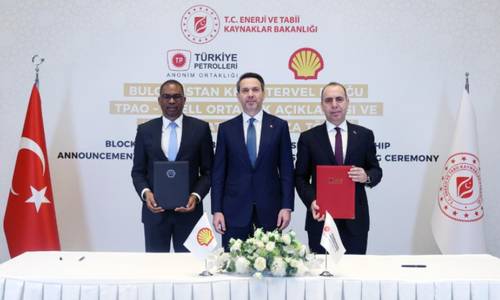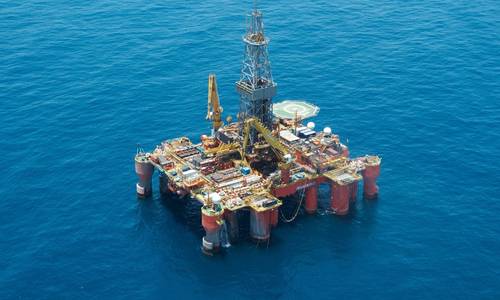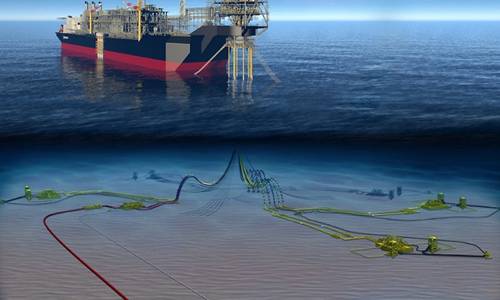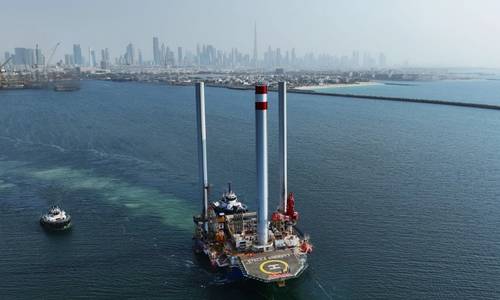Germany Moves Toward Energy Independence but Falls Short of Climate Target
February 27, 2025
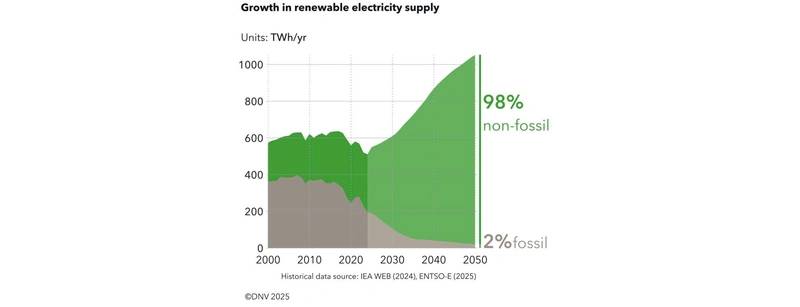
For the first time, DNV has applied its independent Energy Transition Outlook model— incorporating the latest technology trends and policy developments— to Germany.
The inaugural German Energy Transition Outlook (ETO) report finds that Germany is on track to electrify nearly half of its electricity demand by midcentury. Yet, it will fall short of its 2045 climate neutrality target.
One of the main advantages for Germany is that its energy mix by supply will shift dramatically. Imports comprise 70% of Germany’s primary energy and will fall to 27% by 2050, making Germany much less energy import-dependent. Imported coal and oil will decline by 99% and 79%, respectively.
Moreover, natural gas and hydrogen will be equal by mid-century, with one-third of the hydrogen produced domestically.
While Germany is making significant progress in reshaping its energy landscape, emissions are forecast to drop by 89% by 2045 and 95% by 2050 compared to 1990 levels, leaving policymakers with the challenge of plugging the remaining gap.
The study found that by 2050, 46% of Germany’s energy demand will be electrified - more than double today’s 19%. The declining cost of new technologies, such as batteries and heat pumps, and policy drivers, such as carbon price, drive the electrification. Electricity production is expected to double from today to reach 1,000 TWh by 2050 - 90% of which will be renewable.
Remi Eriksen, Group President and CEO, DNV, said: “Germany has long been a front runner in the energy transition and has established a national target to achieve a net zero energy economy by 2045. Our investigation finds that Germany will miss this target by a narrow margin. We forecast that emissions will fall by 95% by 2050.
“That is a very big step towards decarbonization and is largely facilitated by a more than doubling of electricity use across the country in the next 25 years. Overall, we forecast that Germany will achieve a much more sustainable energy system while not sacrificing the other two corners of the energy trilemma: affordability and energy security.”
Underpinning this transition will be €3.3 trillion in energy infrastructure investment over the next 25 years, primarily split between market-exposed assets centered on renewables, hydrogen, and storage; regulated assets such as electricity transmission and gas/hydrogen networks; and end-user fixed assets like installing new heating equipment and rooftop solar PV. However, this will require long-term stable regulations, targeted subsidies, and efficient de-risking measures to drive investment.
DNV projects that alongside renewables growth, energy efficiency improvements will be substantial. By 2050, the energy intensity of the German economy (i.e., energy use per unit of GDP) will almost halve, while energy use per capita will drop by over 50%.
Crucially, energy prices will not place German industry at risk, though energy-intensive sectors will require support to adapt their business models to prioritize energy efficiency, electrification, and CCS. In the short term, these industries will also benefit from falling electricity and natural gas prices, following historic highs.

